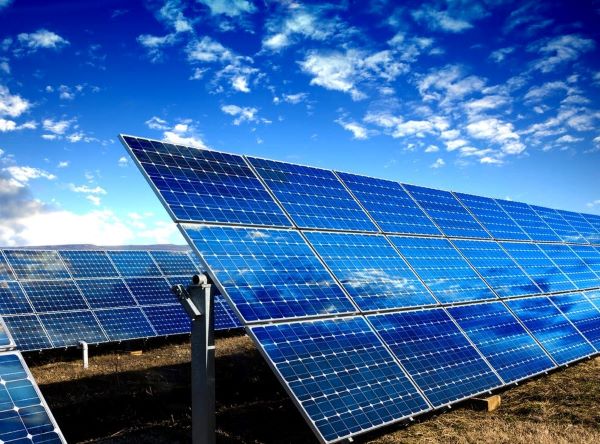Solar energy's greatest attraction is that it can be produced on a small scale directly by the end consumers in contrast to large centralized conventional energy sources controlled by large corporations.
Solar energy is suitable for heating and electricity generation using photo-voltaic cells installed on roof-tops of individual buildings. Medium-sized systems for community level power generation are also becoming popular. These installations are important to keep communities running at a lower cost for everyone.
The decentralized nature of solar power makes it a practical and viable energy source in remote areas located far from the electricity grid. This is crucial for agri-business in farms for running irrigation, greenhouses, and crop, making agriculture risk-free.
Technological developments and policy and subsides by the government have reduced the high costs of solar systems. So solar energy is now competitive with conventional energy sources.
The running costs are less and the initial investment is regained leading to subsequent savings in energy costs according to Greenpeace. This happens because the input for solar energy is free and clean sunlight while fossil fuels are mined and transported over long distance according to the Greenpeace myth report.

